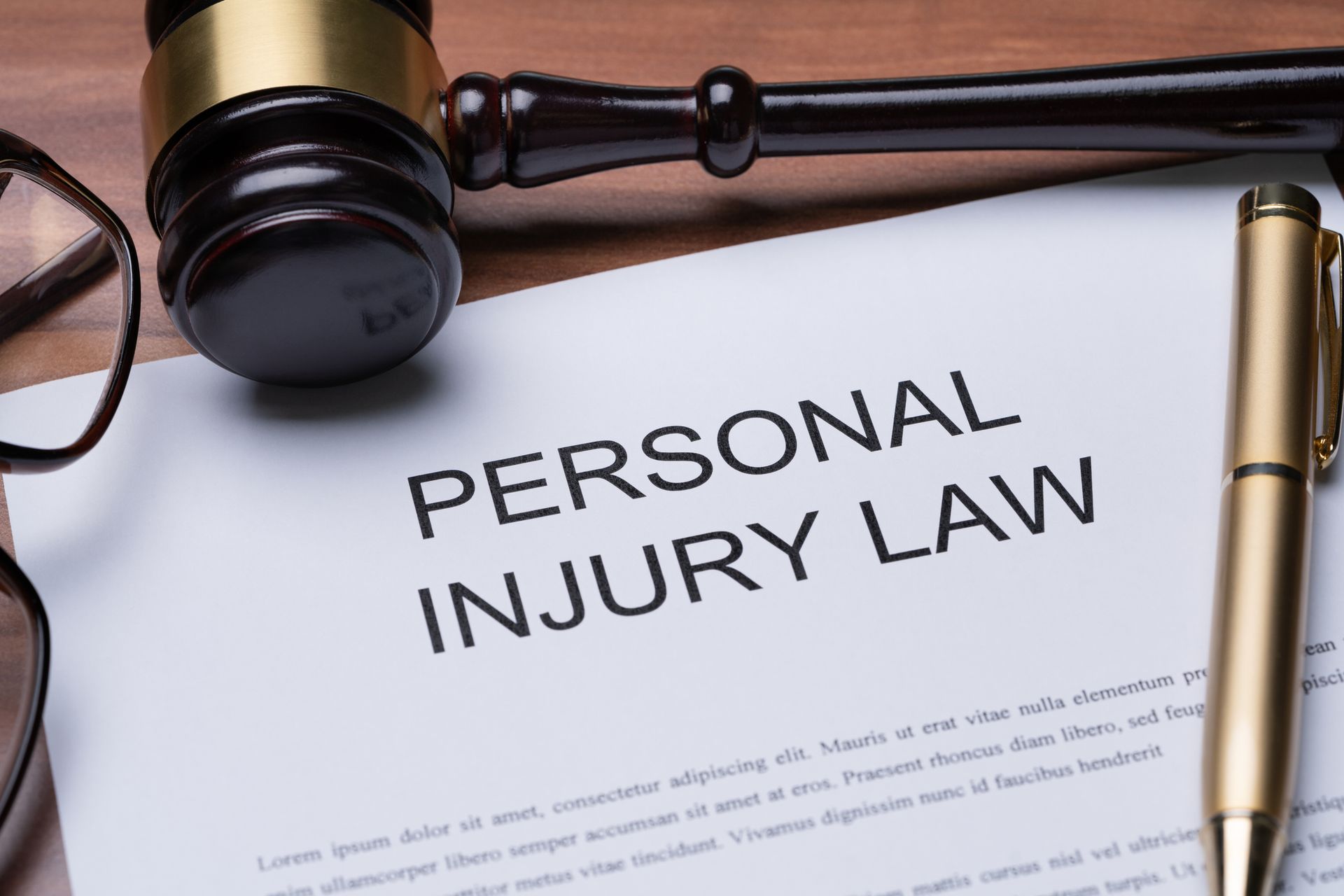Legality
Yes, your social media account is a reflection of your private thoughts and photos. However, the moment, you post them online, you are also consenting to have them viewed by the public, including by your employer.
Social media posts collected as evidence is no different from evidence obtained through other methods; this is even the case if you are posting information that you know to be false, such as downplaying your injuries. Make sure you understand that everything you post can and will be used against you.
Posts Are a Reflection of Your Condition
In the eyes of your employer and the attorney representing them, every move you make is a reflection of your overall condition, including what you post online.
For example, if you're telling your employer that you cannot return to work yet because your back pain is so debilitating that it makes it hard to sit in the same position for even hour, but you post about an impromptu trip to Florida, this won't work well in your favor.
Your employer will have a hard time believing you're too ill to work, but well enough to vacation. Whether you drove or flew, the reality is that you had to sit for several hours to make the journey and if you can sit for that long it brings into question whether or not you can sit for work.
Sharing with the World What You Haven't Shared with Your Employer
Your employer should not find out any details that impact your case via the Internet. Say a family friend is offering you a part-time job assisting with their catering orders on weekends until you can return to work, for example. If you post about this online and you haven't notified your employer, this could spell big trouble.
Not only does your ability to assist with the part-time job put into question your ability to return to work, but your employer must be made aware of any additional income sources you have. Failure to disclose this information puts your entire claim in jeopardy.
Typically, any other form of work is not authorized with a workers' compensation case, so make sure you have clearance and don't post anything you haven't already told your employer about.
Discretion is Essential
Discretion is important if you're going to be active on social media at all times, but critically important as your case progresses. Injury victims are advised not to post any specific details about their claim, especially when it comes to financial information. Posting how much money you're seeking from your employer is a big no-no, even after your claim has been settled.
If you were required to sign a settlement agreement, there might have been a clause in the document that prevented you from disclosing the details of the agreement. Your post online is a violation of this agreement and could bring about legal consequences.
If you were injured while on the job, you deserve compensation. Don't let a mistake on social media put your case in jeopardy. Always be social media wise and think before you post. At The Law Offices of James B. Gillespie, Jr., PLLC we are happy to partner with you to ensure your rights are
protected
.






